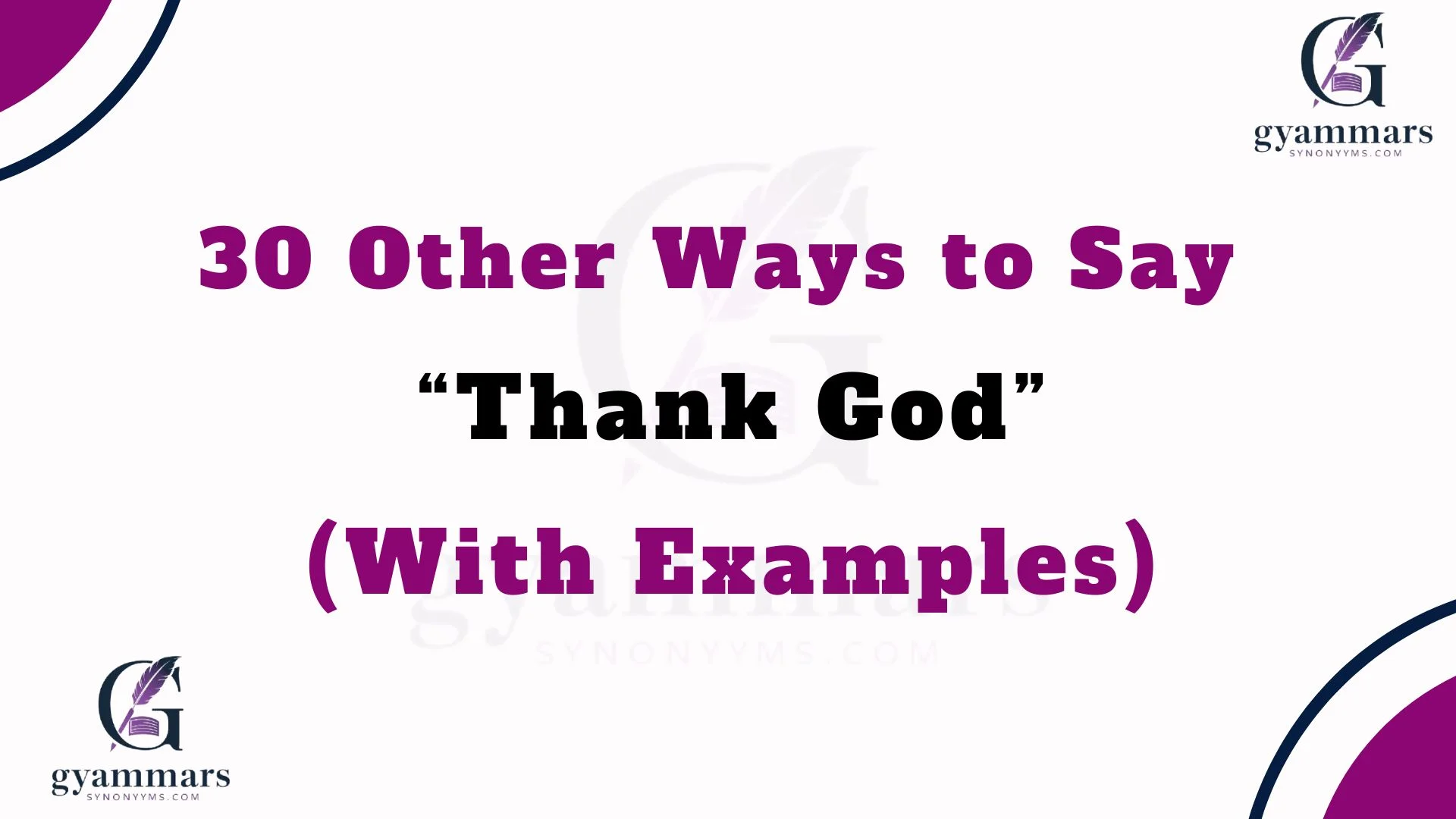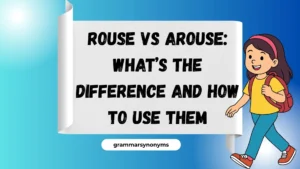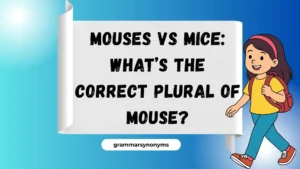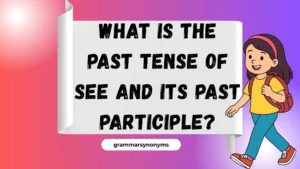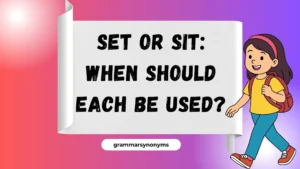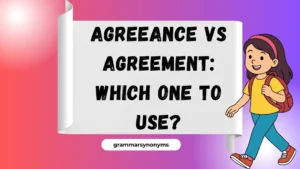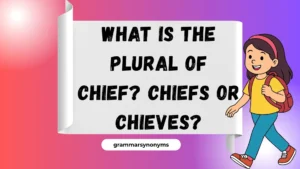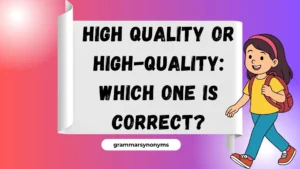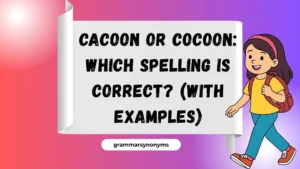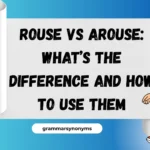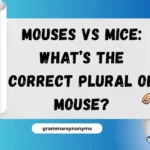Finding the right words to express gratitude or relief can make a conversation feel more heartfelt and personal. While “Thank God” is a common phrase, sometimes it’s nice to mix it up with thoughtful alternatives that capture your emotions in a meaningful way. Using these variations can help you communicate warmth, care, and sincerity, whether in casual chats, messages, or professional settings.
What Does “Thank God” Mean?
“Thank God” is a phrase used to express gratitude, relief, or happiness when something good happens or when a potential problem is avoided. It reflects thankfulness, often with a spiritual or emotional undertone. People commonly use it in everyday conversation, texts, or social media to convey relief or joy.
Is It Professional/Polite to Say “Thank God”?
While “Thank God” is generally acceptable in casual conversations, in professional or secular contexts, some may prefer neutral alternatives. Saying “Thank God” can feel personal and spiritual, which may not suit every workplace. Using polite alternatives like “I’m relieved” or “That’s wonderful news” ensures your gratitude is respectful and professional.
Pros and Cons of Saying “Thank God”
Pros:
- Instantly conveys relief and gratitude
- Recognizable and widely understood
- Adds emotional warmth to a message
Cons:
- May not be suitable in secular or professional settings
- Can feel generic or overused
- May not fully capture nuanced emotions
Why You Need Alternatives to “Thank God”
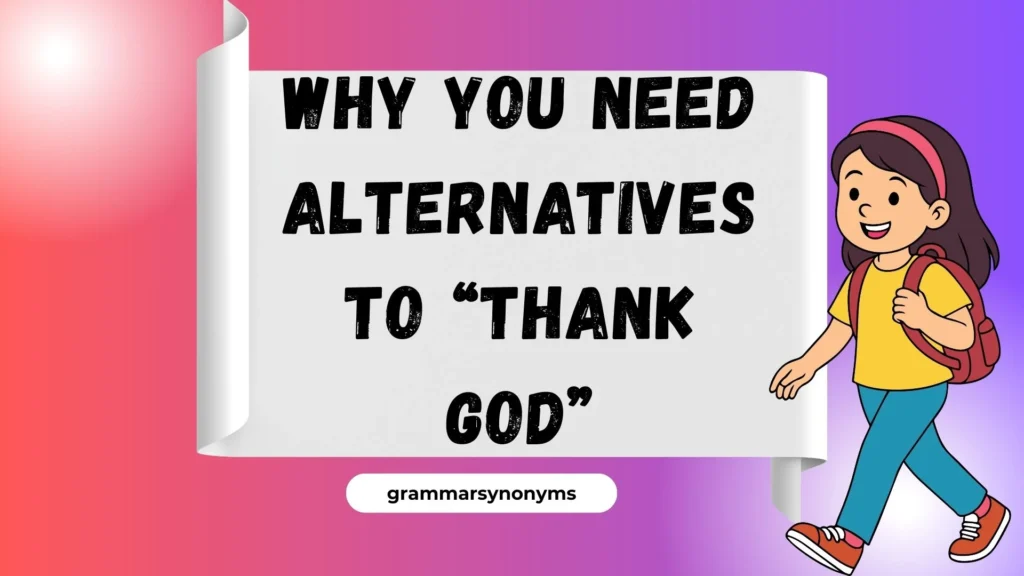
Using the same phrase repeatedly can make your language sound stale or even unoriginal. Alternatives to “Thank God” help you:
- Sound more expressive: Words like “phew” or “what a relief” can convey emotions more vividly.
- Match the tone: Some situations call for a casual response, others for formal or spiritual phrasing.
- Enhance writing quality: Variety in vocabulary improves readability and makes your writing more engaging.
By learning alternatives, you can communicate gratitude or relief in a way that feels natural, polished, and contextually appropriate.
Formal vs Informal Alternatives
Not all ways of expressing gratitude or relief fit every setting. Here’s how to choose:
Formal Alternatives
These are ideal for professional communication, essays, or religious contexts:
- “I am grateful” – Example: I am grateful that the project was completed on time.
- “Praise be” – Example: Praise be, the negotiations went smoothly.
- “Thank goodness” – Example: Thank goodness the reports were accurate.
Informal Alternatives
These work for casual conversations, texts, or social media:
- “Phew!” – Example: Phew! I thought I lost my wallet.
- “Finally!” – Example: Finally! The rain stopped just in time for the picnic.
- “Whew, that was close” – Example: Whew, that was close! I almost missed the train.
Tips for Choosing the Right Phrase
- Consider your audience: Formal for professional or academic writing; casual for friends and social media.
- Match the emotion: Use stronger words for intense relief (“Hallelujah!”) and softer words for mild gratitude (“Thank goodness”).
- Avoid overuse: Even alternatives lose impact if repeated too often. Rotate phrases to keep your language fresh.
- Cultural context matters: Some religious expressions may not resonate with everyone; neutral alternatives can avoid misunderstandings.
- Combine with tone indicators: In text messages, emojis or exclamation marks can emphasize relief or gratitude.
Synonyms For “Thank God”
- Praise the Lord
- Thank Heaven
- I’m Relieved
- What a Relief
- Hallelujah
- Grateful for This
- I’m Thankful
- Thank Goodness
- I Appreciate This
- I’m Blessed
- Phew, That’s a Relief
- Fortunate Indeed
- I’m Overjoyed
- I’m Grateful to Have This
- I Give Thanks
- I’m Thankful for This Moment
- I’m Blessed Beyond Words
- That’s a Blessing
- I’m Lucky
- I’m Grateful to Fate
- What a Blessing
- I Appreciate the Outcome
- I’m So Glad
- Thank the Universe
- I’m Appreciative
- Thank Goodness Almighty
- Grateful Beyond Words
- Thank the Lord Above
- I’m Truly Thankful
- I Give Thanks to Life
1. Praise the Lord
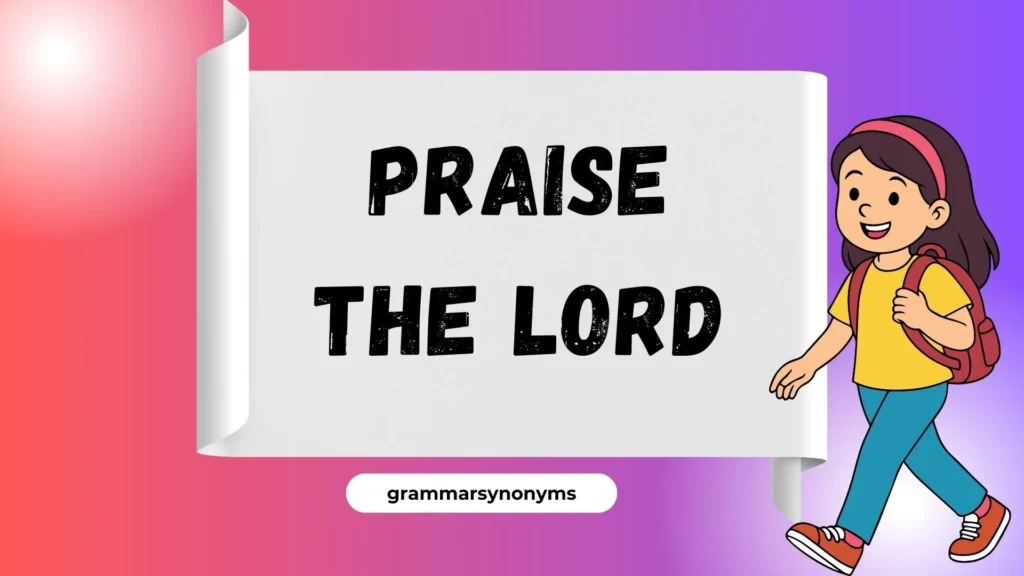
Definition: Expressing gratitude directly to a higher power.
Explanation: Often used to show deep relief or joy, especially in challenging situations.
Example: “Praise the Lord, the surgery went well!”
Best Use: When expressing spiritual gratitude among like-minded people.
Tone: Heartfelt, reverent
Additional Notes: Suitable for faith-based conversations
2. Thank Heaven
Definition: A poetic way to express gratitude.
Explanation: Shows relief or happiness while keeping it slightly literary or classic.
Example: “Thank heaven we made it on time!”
Best Use: Casual or literary contexts; adds a touch of style
Tone: Sincere, slightly formal
Additional Notes: Works well in writing or reflective speech
3. I’m Relieved
Definition: Direct expression of emotional relief.
Explanation: Focuses on the emotional state rather than spiritual aspects.
Example: “I’m relieved the test results are normal.”
Best Use: Professional or secular contexts
Tone: Calm, appreciative
Additional Notes: Neutral and widely acceptable
4. What a Relief
Definition: Expresses release from worry or tension.
Explanation: Highlights emotional release and gratitude for positive outcomes.
Example: “What a relief! The storm passed without damage.”
Best Use: Informal conversations or texts
Tone: Light, relaxed
Additional Notes: Works for friends, family, or colleagues
5. Hallelujah
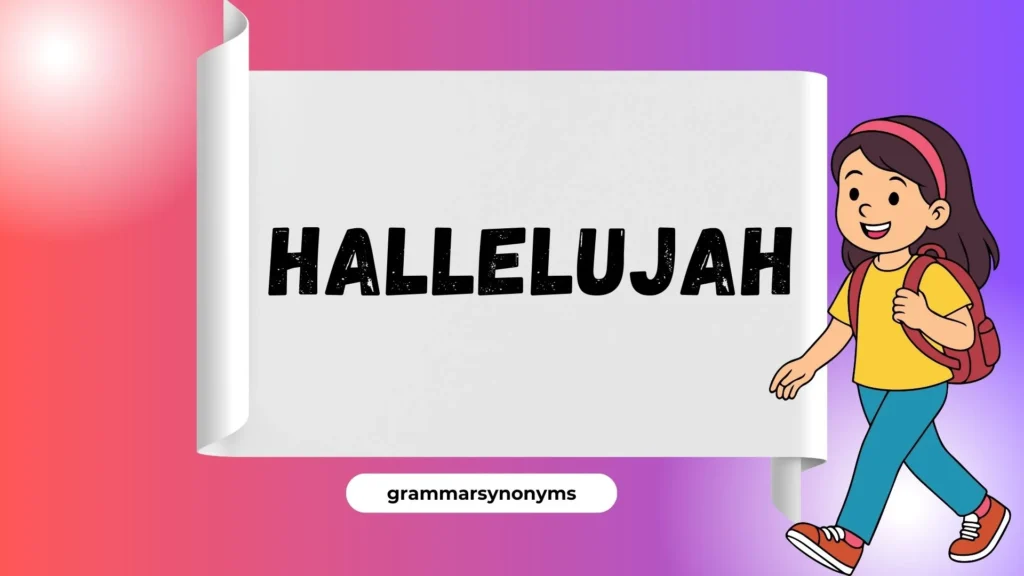
Definition: A joyful exclamation praising a higher power.
Explanation: Strongly associated with spiritual or religious contexts.
Example: “Hallelujah! We finally finished the project!”
Best Use: Faith-based celebrations or personal milestones
Tone: Exultant, spiritual
Additional Notes: Best in religious or celebratory settings
6. Grateful for This
Definition: Direct statement of thankfulness.
Explanation: Focuses on gratitude rather than divine intervention.
Example: “I’m truly grateful for this wonderful opportunity.”
Best Use: Professional and personal messages
Tone: Warm, appreciative
Additional Notes: Neutral and widely applicable
7. I’m Thankful
Definition: Simple acknowledgment of gratitude.
Explanation: Highlights personal thankfulness rather than spiritual relief.
Example: “I’m thankful everything worked out in the end.”
Best Use: Everyday conversation, emails, and messages
Tone: Polite, sincere
Additional Notes: Universally appropriate
8. Thank Goodness
Definition: Informal exclamation of relief.
Explanation: Similar to “Thank God” but less formal.
Example: “Thank goodness it didn’t rain on our picnic!”
Best Use: Casual conversations
Tone: Lighthearted, cheerful
Additional Notes: Perfect for friends and social media
9. I Appreciate This
Definition: A professional and polite way to show gratitude.
Explanation: Highlights personal recognition of good outcomes or help.
Example: “I really appreciate this update, it’s a relief to know.”
Best Use: Workplace or professional communication
Tone: Polite, considerate
Additional Notes: Avoids spiritual connotations
10. I’m Blessed
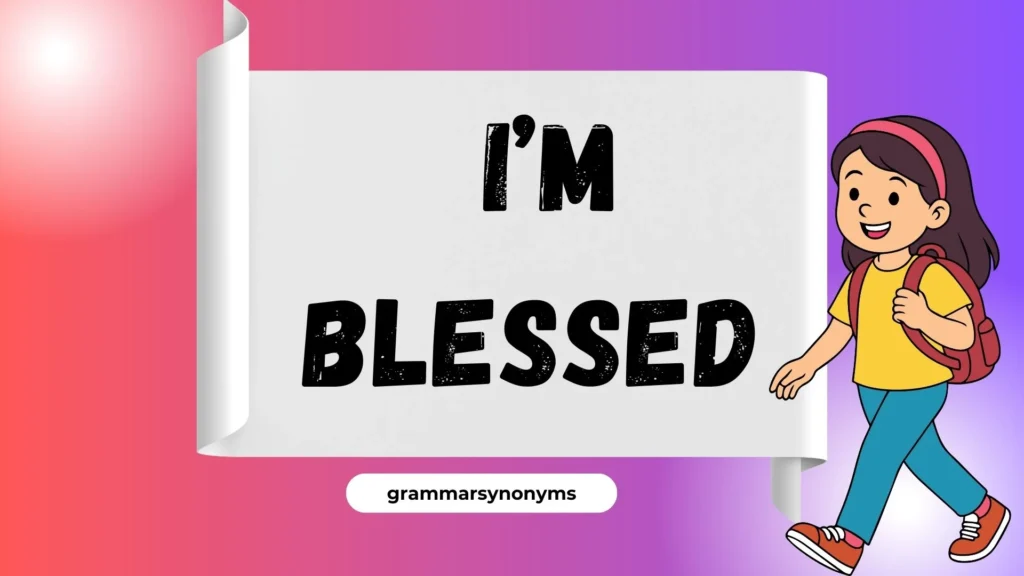
Definition: Expresses feeling fortunate or thankful.
Explanation: Emphasizes personal fortune or divine favor.
Example: “I’m blessed to have such supportive friends.”
Best Use: Spiritual or personal reflections
Tone: Heartfelt, appreciative
Additional Notes: Works in social media captions or personal notes
11. Phew, That’s a Relief
Definition: Casual exclamation of relief.
Explanation: Conveys instant emotional release after tension.
Example: “Phew, that’s a relief! The meeting ended early.”
Best Use: Informal spoken or written communication
Tone: Light, casual
Additional Notes: Perfect for chatty conversations
12. Fortunate Indeed
Definition: Formal acknowledgment of good luck or favorable outcomes.
Explanation: Adds a polished, literary tone to gratitude.
Example: “We were fortunate indeed to avoid the accident.”
Best Use: Written communication or speeches
Tone: Formal, reflective
Additional Notes: Can elevate the perceived sophistication of your expression
13. I’m Overjoyed
Definition: Expresses extreme happiness and relief.
Explanation: Focuses on joyful emotions rather than spiritual thanks.
Example: “I’m overjoyed that everyone is safe.”
Best Use: Personal messages or celebratory moments
Tone: Happy, heartfelt
Additional Notes: Works well in texts and social media posts
14. I’m Grateful to Have This
Definition: Emphasizes thankfulness for a specific thing.
Explanation: Focuses on appreciation without religious connotations.
Example: “I’m grateful to have this support during tough times.”
Best Use: Professional and personal contexts
Tone: Warm, appreciative
Additional Notes: Neutral and widely applicable
15. I Give Thanks

Definition: Formal way to express gratitude.
Explanation: Often used in religious or ceremonial contexts.
Example: “I give thanks for the guidance and support I’ve received.”
Best Use: Ceremonial or reflective writing
Tone: Respectful, sincere
Additional Notes: Slightly formal but emotionally resonant
16. I’m Thankful for This Moment
Definition: Highlights gratitude for a specific moment or event.
Explanation: Encourages mindfulness and appreciation
Example: “I’m thankful for this moment of peace.”
Best Use: Personal reflections, journaling, or speeches
Tone: Reflective, calm
Additional Notes: Great for social media captions
17. I’m Blessed Beyond Words
Definition: Shows deep gratitude that words cannot fully capture.
Explanation: Often expresses overwhelming joy or relief.
Example: “I’m blessed beyond words for this opportunity.”
Best Use: Personal, spiritual, or heartfelt messages
Tone: Emotional, sincere
Additional Notes: Strong impact in personal notes
18. That’s a Blessing
Definition: Acknowledgment of good fortune.
Explanation: Focuses on positive outcomes in life.
Example: “Having such caring neighbors is truly a blessing.”
Best Use: Casual, spiritual, or personal contexts
Tone: Warm, appreciative
Additional Notes: Versatile for conversations or social media
19. I’m Lucky
Definition: Expresses personal fortune.
Explanation: Emphasizes gratitude for favorable circumstances.
Example: “I’m lucky to have such supportive friends.”
Best Use: Informal or semi-formal situations
Tone: Casual, thankful
Additional Notes: Neutral and widely understood
20. I’m Grateful to Fate
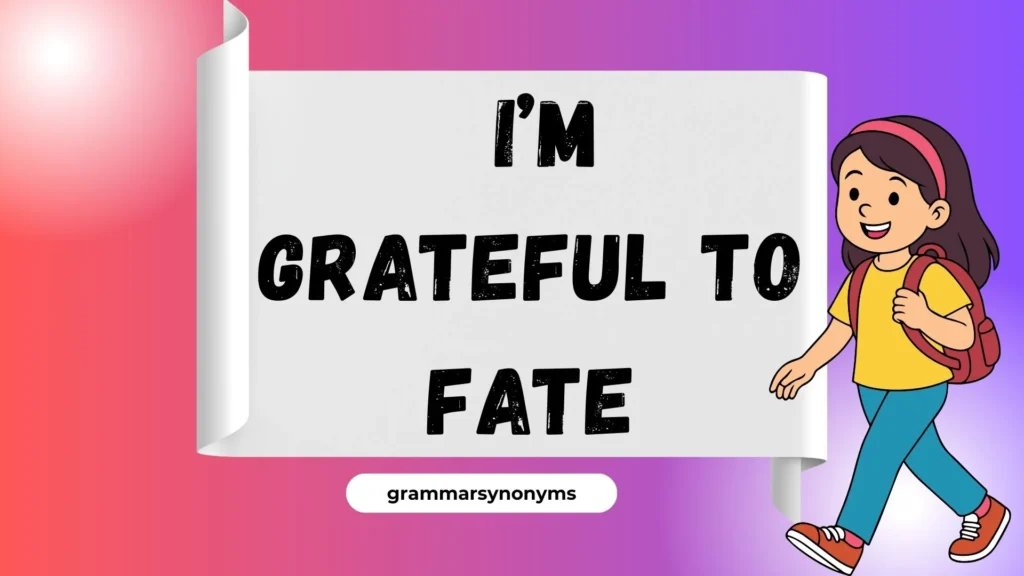
Definition: Acknowledges the role of destiny in positive outcomes.
Explanation: Often poetic or philosophical.
Example: “I’m grateful to fate for bringing us together.”
Best Use: Personal letters, reflections, or speeches
Tone: Reflective, poetic
Additional Notes: Adds depth and thoughtfulness
21. What a Blessing
Definition: Exclamation of gratitude for a fortunate event.
Explanation: Highlights unexpected positive outcomes.
Example: “What a blessing to have found such a kind teacher!”
Best Use: Casual and heartfelt conversations
Tone: Cheerful, warm
Additional Notes: Perfect for family or friends
22. I Appreciate the Outcome
Definition: Polite acknowledgment of a positive result.
Explanation: Neutral, professional way to express gratitude.
Example: “I appreciate the outcome of this project.”
Best Use: Workplace or professional emails
Tone: Polite, respectful
Additional Notes: Avoids spiritual overtones
Also Read This : 30 Other Ways to Say “Dream Come True” (With Examples)
23. I’m So Glad
Definition: Expresses happiness and relief.
Explanation: Informal and emotionally warm.
Example: “I’m so glad you made it safely!”
Best Use: Casual conversations, messages, or texts
Tone: Friendly, warm
Additional Notes: Very versatile in daily use
24. Thank the Universe
Definition: Spiritual but non-denominational gratitude.
Explanation: Can be used in a secular or cosmic context.
Example: “Thank the universe, everything worked out!”
Best Use: Casual, spiritual, or social media posts
Tone: Playful, lighthearted
Additional Notes: Works for modern, non-religious audiences
25. I’m Appreciative
Definition: Direct acknowledgment of gratitude.
Explanation: Neutral and formal, suitable for professional use.
Example: “I’m appreciative of your guidance on this task.”
Best Use: Emails, meetings, or professional notes
Tone: Polite, respectful
Additional Notes: Can be paired with specific acknowledgments
26. Thank Goodness Almighty
Definition: More emphatic version of “Thank Goodness.”
Explanation: Combines informal relief with spiritual emphasis.
Example: “Thank goodness Almighty, the package arrived!”
Best Use: Casual, faith-based conversations
Tone: Exuberant, grateful
Additional Notes: Best with friends or family familiar with faith
27. Grateful Beyond Words
Definition: Expresses intense gratitude.
Explanation: Highlights overwhelming thankfulness.
Example: “I’m grateful beyond words for your support.”
Best Use: Personal letters, messages, or heartfelt notes
Tone: Emotional, sincere
Additional Notes: Creates strong emotional impact
28. Thank the Lord Above
Definition: Spiritual gratitude emphasizing a higher power.
Explanation: Reflects faith and relief.
Example: “Thank the Lord above, the children are safe!”
Best Use: Religious or personal settings
Tone: Heartfelt, reverent
Additional Notes: Traditional and widely understood
29. I’m Truly Thankful
Definition: Honest acknowledgment of gratitude.
Explanation: Shows genuine and sincere emotion.
Example: “I’m truly thankful for your help today.”
Best Use: Everyday communication, professional or personal
Tone: Warm, sincere
Additional Notes: Universally applicable
30. I Give Thanks to Life
Definition: Poetic expression of gratitude for existence or experiences.
Explanation: Non-denominational, reflective expression.
Example: “I give thanks to life for every small joy.”
Best Use: Reflective writing, social media captions
Tone: Thoughtful, appreciative
Additional Notes: Works well for mindfulness and personal reflection
Conclusion
Finding meaningful ways to say “Thank God” can make your expressions of gratitude more heartfelt, personal, and considerate. Depending on the situation—casual, professional, spiritual, or literary—you can choose from a variety of alternatives that convey warmth, care, and sincerity. Using these alternatives allows your messages to resonate deeply, making your thankfulness memorable and genuine.
Faqs:
What are some common alternatives to saying “Thank God”?
Some common alternatives include “Praise the Lord,” “Thank Heaven,” “Grateful it happened,” and “Blessed be.” These can be used in casual or religious contexts depending on your audience.
Can I use informal phrases instead of “Thank God”?
Yes! Informal alternatives like “Whew!”, “Finally!”, or “That’s a relief” can express gratitude without religious connotations.
Are there any creative ways to say “Thank God” in writing?
Absolutely! You can use phrases like “Fortune smiled upon me,” “What a blessing,” or “Grateful beyond words” to make your writing more expressive.
Is it appropriate to use secular alternatives in religious contexts?
It depends on the audience. In formal religious settings, it’s best to stick with phrases like “Praise the Lord” or “Thank Heaven.” For casual conversations, secular options like “Lucky me!” are perfectly fine.
How do I choose the right alternative for different situations?
Consider your audience, tone, and context. Religious phrases fit spiritual settings, while casual or secular alternatives work well in everyday conversations or writing.

“Emma Rose at Grammar Synonyms is your go-to expert for everything related to language and expression. Whether you’re refining your grammar, searching for the perfect synonym, or looking for creative ways to improve your writing, Emma Rose provides the tools and inspiration you need. With a wide range of resources designed to elevate your communication, Grammar Synonyms helps you find just the right words to make every sentence shine.
